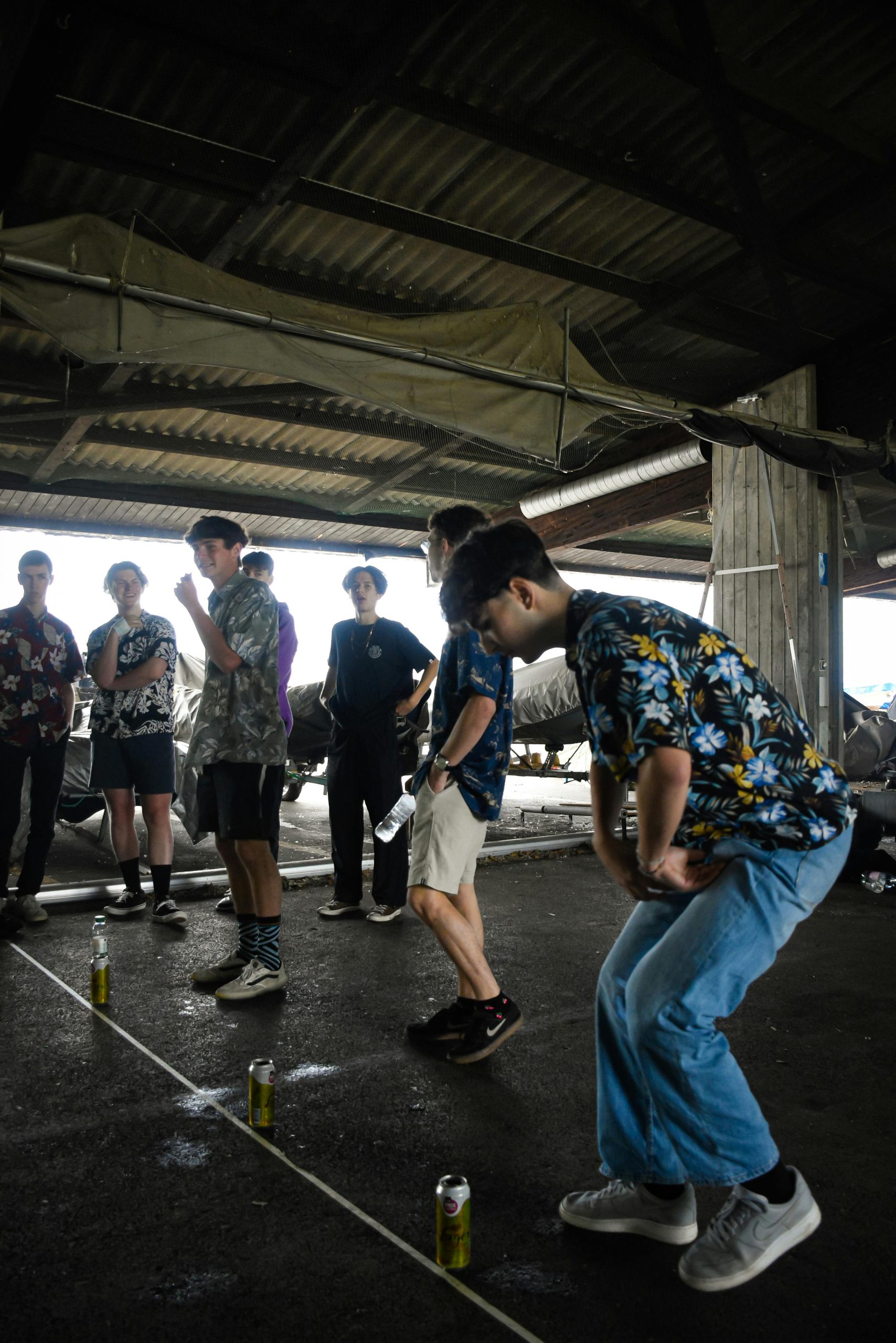Meta’s Approach to AI: Potential Limitations for Humanity and Its Own Progress
The Impact of Meta’s Acquisition of OpenAI Talent on Advancing Artificial Intelligence
In the rapidly evolving landscape of artificial intelligence, the strategic moves of tech giants can significantly influence the future of innovation. Recently, Meta’s acquisition of talented personnel from OpenAI has sparked considerable discussion among industry experts and enthusiasts alike.
While Meta has certainly expanded its expertise, this transition raises important questions about the broader implications for AI development. Meta’s core mission is rooted in social networking, entertainment, and digital interaction—areas that, while important, differ markedly from the pioneering spirit seen at organizations dedicated to advancing AI technology such as OpenAI, NVIDIA, and Tesla.
Unlike these companies, which are driven by a strong emphasis on cutting-edge technological progress and scientific breakthroughs, Meta’s focus tends to revolve around user engagement, content sharing, and social connectivity. This fundamental difference in organizational priorities could potentially impact the kind of innovations that emerge from these entities.
The transfer of skilled talent from OpenAI to Meta might be viewed as a setback for the pursuit of broadly beneficial AI advancements. OpenAI has historically championed open research and the responsible development of artificial intelligence aimed at benefitting all humanity. Conversely, Meta’s emphasis appears more commercially driven, potentially diverting expertise away from foundational AI research.
What are your thoughts on this development? Do you believe that the movement of talent between these organizations could influence the future of AI progress? It’s an important discussion for anyone invested in the evolution of intelligent technology and its societal impact.














Post Comment